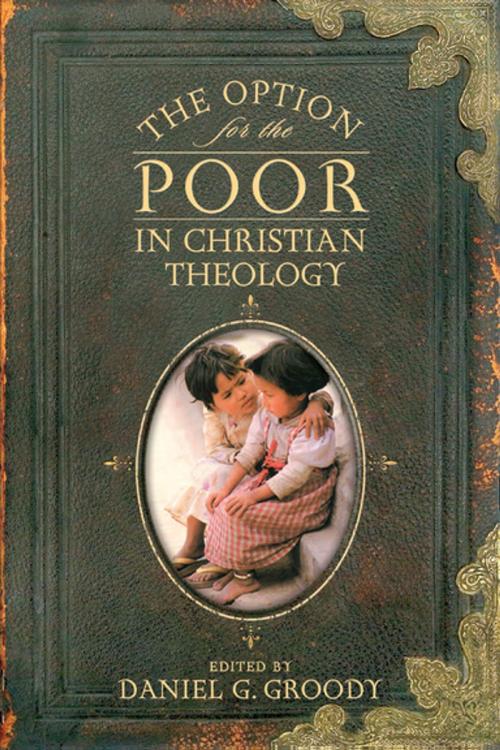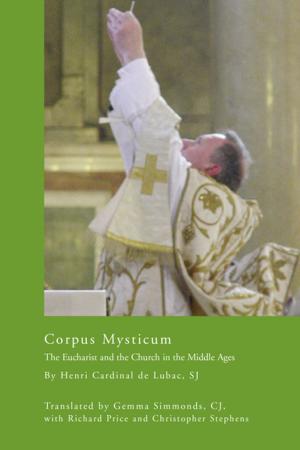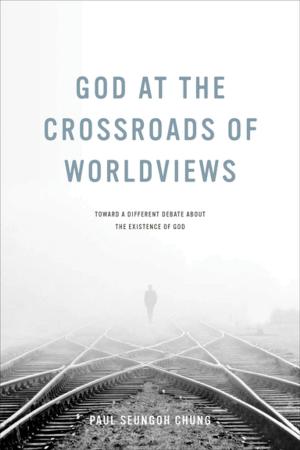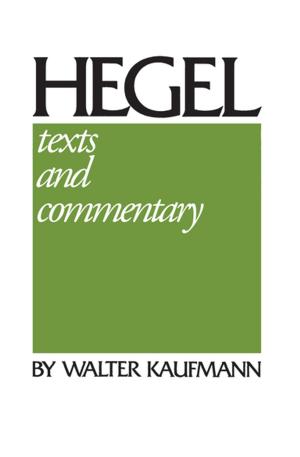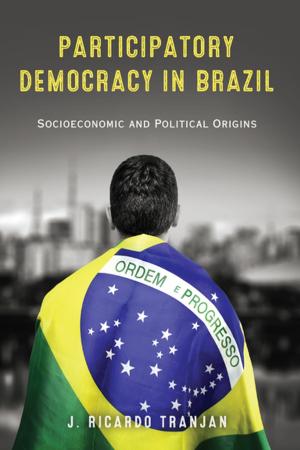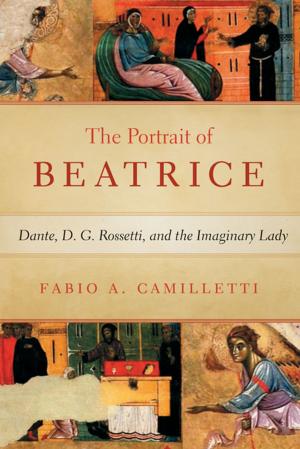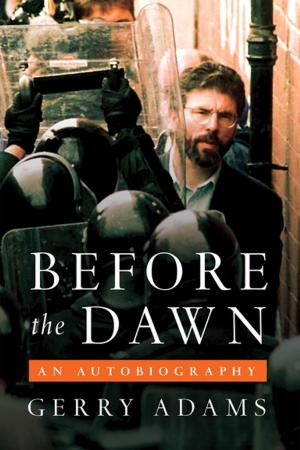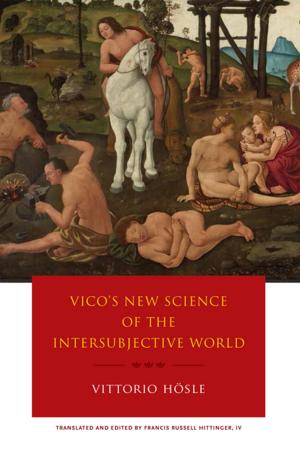The Option for the Poor in Christian Theology
Nonfiction, Religion & Spirituality, Christianity, Denominations, Catholic, Catholicism, Theology| Author: | ISBN: | 9780268080815 | |
| Publisher: | University of Notre Dame Press | Publication: | April 1, 2007 |
| Imprint: | University of Notre Dame Press | Language: | English |
| Author: | |
| ISBN: | 9780268080815 |
| Publisher: | University of Notre Dame Press |
| Publication: | April 1, 2007 |
| Imprint: | University of Notre Dame Press |
| Language: | English |
Since the publication of Gustavo Gutiérrez's 1973 groundbreaking work, A Theology of Liberation, much has been written on liberation theology and its central premise of the preferential option for the poor. Arguably, this has been one of the most important yet controversial theological themes of the twentieth century. As globalization creates greater gaps between the rich and the poor, and as the situation for many of the world’s poor worsens, there is an ever greater need to understand the gift and challenge of Christian faith from the context of the poor and marginalized of our society. This volume draws on the thought of leading international scholars and explores how the Christian tradition can help us understand the theological foundations for the option for the poor. The central focus of the book revolves around the question, How can one live a Christian life in a world of destitution? The contributors are concerned not only with a social, economic, or political understanding of poverty but above all with the option for the poor as a theological concept. While these essays are rooted in a solid grounding of our present “reality,” they look to the past to understand some of the central truths of Christian faith and to the future as a source of Christian hope.
Since the publication of Gustavo Gutiérrez's 1973 groundbreaking work, A Theology of Liberation, much has been written on liberation theology and its central premise of the preferential option for the poor. Arguably, this has been one of the most important yet controversial theological themes of the twentieth century. As globalization creates greater gaps between the rich and the poor, and as the situation for many of the world’s poor worsens, there is an ever greater need to understand the gift and challenge of Christian faith from the context of the poor and marginalized of our society. This volume draws on the thought of leading international scholars and explores how the Christian tradition can help us understand the theological foundations for the option for the poor. The central focus of the book revolves around the question, How can one live a Christian life in a world of destitution? The contributors are concerned not only with a social, economic, or political understanding of poverty but above all with the option for the poor as a theological concept. While these essays are rooted in a solid grounding of our present “reality,” they look to the past to understand some of the central truths of Christian faith and to the future as a source of Christian hope.
